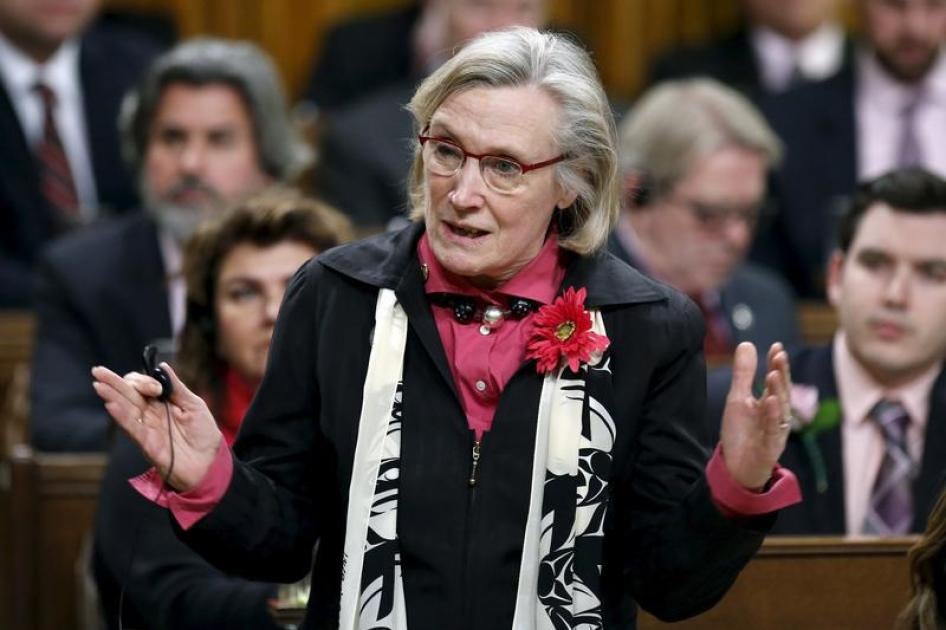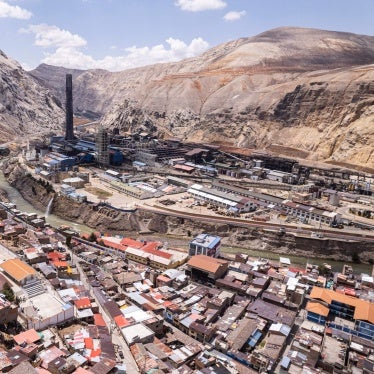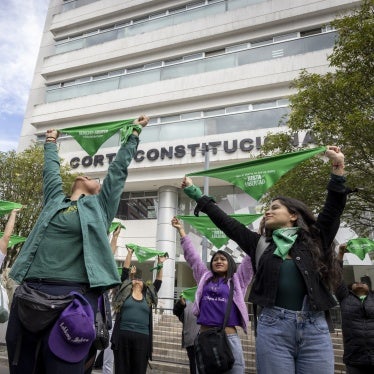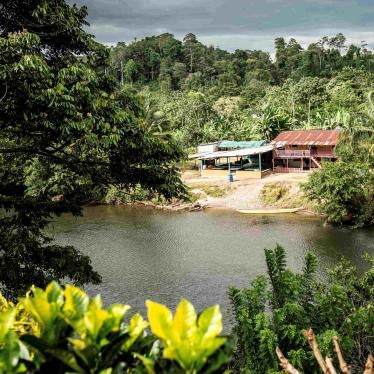Canada has unveiled a new approach to fixing the drinking water crisis faced by indigenous First Nations peoples.
Carolyn Bennett, minister of Indigenous and Northern Affairs Canada (INAC), reaffirmed the 2016 budget commitment to $1.8 billion over five years to significantly improve on-reserve water and wastewater infrastructure. Her ministry provided information on what has been spent so far in the 2016-2017 fiscal year: $275.7 million in targeted funding has been allocated to support water and wastewater initiatives, including 201 water and wastewater projects. This is an exciting number, but the needs are great, and in the past, INAC funding hasn’t always gone to the neediest communities. Bennett added that 29 of these projects are aimed at addressing 44 long-term drinking water advisories in 28 First Nations communities.
The announcement was made during INAC’s and Health Canada’s joint progress update toward meeting Prime Minister Justin Trudeau’s commitment to end drinking water advisories in First Nations in five years.
Last June, Human Rights Watch released a report on the water crisis. A primary concern was that First Nations have not been made leaders in resolving the crisis, and we called for a First Nations-led approach. Only two weeks ago, a Globe and Mail article detailed explosive findings on certain drinking water systems supposedly fixed by INAC – calling them “poorly designed,” “undersized,” and saying they used “inappropriate technology.” These issues may have been avoided if First Nations had been included in setting the agenda.
Today, we are pleased to see INAC commit to First Nations leadership, saying, “The Government of Canada is working more closely with First Nation leaders and technical advisors and to support long-term First Nations-led approaches to address new and ongoing DWAs and other infrastructure and system operation needs.”
The government should also be transparent with First Nations about the progress they are making. Long-term fixes to crisis-level problems can feel unsatisfactory to communities if they’re not accompanied by detailed information. It’s promising that INAC released an easy-to-understand graphic illustrating the investments already made in water and sanitation projects in each province, with community-level progress where it has been made. A recent report released by the David Suzuki Foundation and the Council of Canadians flagged why this community-level data collection and engagement is key.
The drinking water crisis in First Nations is complex. Solving the crisis requires systemic change and long-term vision and commitment – there is no magic wand. This is why a commitment to First Nations-led approaches and full transparency are crucial. Now begins the hard work of making sure this shift in government approach leads to real change in First Nations.









